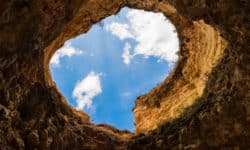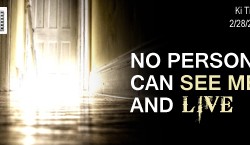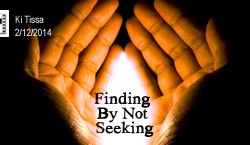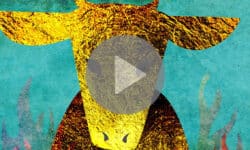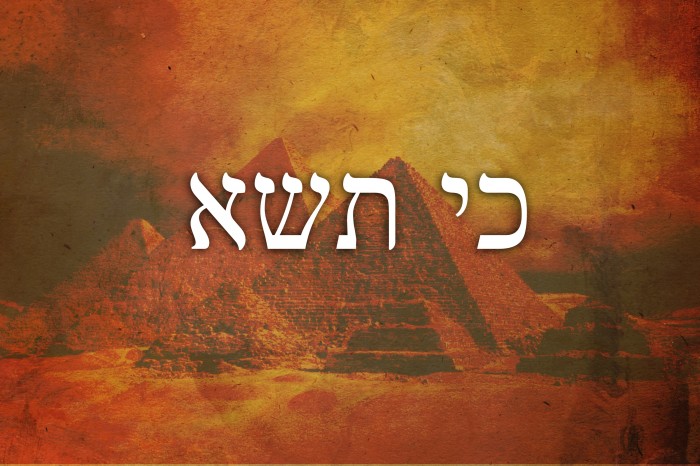
Ki tissa
A whole can become broken, but a half can become a whole.
To build a Home of Oneness, come with a half-shekel silver. Here is how you build a purifying washing station, here is how you blend an anointing oil, here is how you blend a fine spice mixture. The Temple artisan is named Betzalel. Descending from the mountain with the inscribed tablets in hand, Moses is greeted by a golden calf and a people worshipping it. Moses shatters the tablets against the mountain and destroys the idol. Moses then pleads with God to forgive the people. God is reluctant. Moses persists. After eighty days beseeching God, Moses descends with the new set of tablets. It is the holiest day of the year, Yom Kippur.
Ki Tisa: Just a Friendly Reminder
A poem about snowfall demonstrating our vulnerability, but also strength, while heading towards an uncertain future.
Read MoreKi Tissa: From Rome to Jerusalem
One person seems insignificant compared to the whole universe, yet G/d still cares about every detail of His world.
Read MoreKi Tissa: Suffering
In Parshat Ki Tissa, Moses learns to be a partner with G/d and to see His face when He reveals it, even in suffering.
Read MoreKi Tisa: To Serve
If you need a strong wake-up call (and who of us does not?) visit a military base. It will teach you the dramatic difference between a life of duty and one of no duty.
Read MoreKi Tissa: A Bold New Peace Initiative
As war-seasoned veterans with unparalleled credibility, the Jewish people living in the Biblical Holy Land of Israel, are perfectly positioned to now lead the way in proposing a bold new peace initiative – and the timing couldn’t be better.
Read MoreInside Time: The Spiritual Meaning of Days of the Week
A Kabbalistic look at the spiritual meaning of days of the week, with an emphasis on Shabbat — the seventh day of the week. By Rabbi Simon Jacobson.
Read MoreInside Time
G-d created time, allowing us to look to the past, present, and future. Yet we must look to the era of Moshiach, where time takes on a new meaning.
Read MoreThe Rebuttal
Though the angels tried to keep the Torah saying it was meant to be in the Heavens, great people reconcile this by bringing Heaven down to Earth.
Read MoreThe Anonymous Essence
We call the Torah the “Five Books of Moses” since it was a part of his very identity. Yet he was willing to forgo it for something more vital- his people.
Read MoreThe Soiled Face
Two thousand years ago we washed the dirt from our limbs before spiritual endeavors. Now that dirt is on our faces, and we must find a way to wash it off.
Read MoreWhite Space
The letters in the Torah reflect each Jew as an individual, but similarly contributing to the same overall message.
Read MoreThe Face of G-d
From overhearing the conversation between G-d and Moses in Parshat Ki Tissa, we learn how to have a true intimate relationship with our Creator.
Read MoreMoney and Spirituality (Part 1/5)
Part I of a discussion on money and spirituality including a look at different economic systems.
Read MoreThe Golden Calf
The majesty of great people is that it is never about them personally. Even when their Divine cause emerges victorious, they display profound humility.
Read MoreNo Person Can See Me and Live
G-d said to Moses: No person can see me and live. Learn the interpretation of these words and discover the deepest mysteries of your own innermost psyche.
Read MoreFinding By Not Seeking
Discover that the important things in life -love, intimacy, truth, soul, G-d – emerge not by doing something, but by not doing something.
Read MoreCan Joy be Measured? Small Purim Workshop
Can joy be measured in terms of small and large? Learn what the “small” Purim teaches us about the key to finding true and lasting happiness.
Read MoreThe Golden Calf: A Lesson on Betrayal and Reconciliation
Betrayal is a schism, the severing of a connection and one of the most devastating feelings one will experience in life; betrayed in a relationship, with a friend, by G-d, or even by ourselves. Is it possible to heal from this, repair and rebuild after being broken?
Read More









